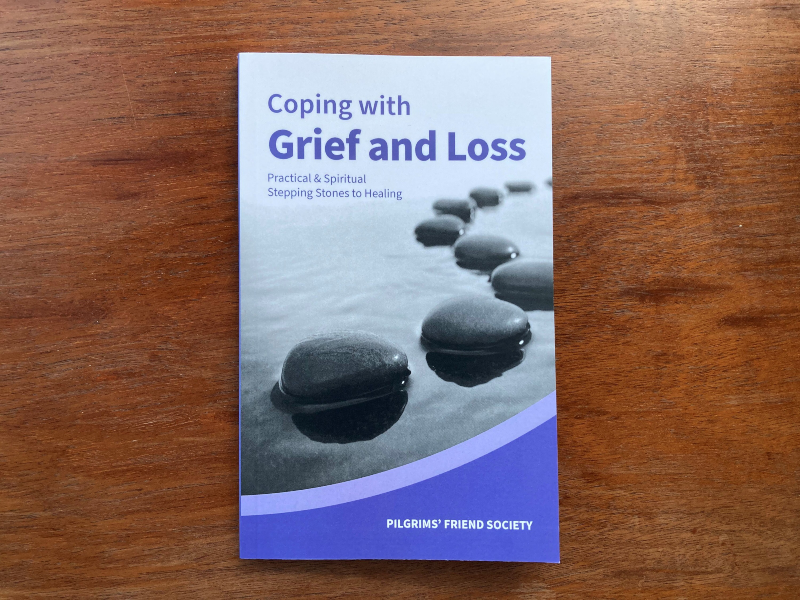People who are grieving need the Holy Spirit, not Spiritualism
People whose loved ones died during the pandemic are often suffering complicated, unresolved grief - but turning to Spiritualism isn't the answer. By Louise Morse

I’m very sad to read the warning by the Baptist Deliverance Study Group that people grieving the death of their loved ones during the pandemic are turning to spiritualism. It’s been my experience that it is mainly older people who go to spiritualist churches, and there could be a link in the fact that 82 is the average age of people who died during Covid. Many have lost life-long spouses and relatives.
My parents were spiritualists and we children were sent every Sunday to the Spiritualist Sunday School. I am not surprised to read that the Deliverance Study Group have had people asking for deliverance ‘from some horrific consequences of becoming involved in spiritualism.’ They have no idea that they are dealing with demons. Most spiritualists are simply misguided individuals struggling to cope with unresolved grief, believing that they can once again speak with their loved ones. Jesus Christ is not presented as the Saviour, but as a perfect medium to ‘the other side’. Darwin has a lot to answer for as many spiritualists believe that death is simply going to another place that is a part of the evolutionary process.
People whose loved ones died during the pandemic are often suffering complicated grief. They weren’t able to say goodbye to their loved ones, which is the first step in a healing, grieving process. Now many are coping with anger, guilt and deep regret, and many PTSD.
Two years ago my 19 year old grandson was killed in a motorbike accident on a deserted country road, eight weeks after my youngest son, living with his family in South Carolina, lost his battle with Leukaemia. I couldn’t get a flight in time to South Carolina, although his wife helped us speak over a phone speaker. In the following months I came to realise the importance of that final, ‘goodbye, see you in the morning’.
When the pandemic struck and the deaths began my prayers were for the families left behind. Self isolation meant that the usual social support wasn’t in place and they were thrown onto their own resources.
Throughout my grieving I’d been supported by my Christian friends, my church, my colleagues and my family. I found the reality of the Scriptures that say, ‘underneath are the everlasting arms,’ and that the Holy Spirit is our comforter. And as a cognitive behavioural therapist I was aware of practical things we can do that help on this grief journey.
The Bible tells us to ‘comfort others with the comfort that we ourselves were comforted’ (2 Corinthians 1:4). So, after speaking with other Christians about how they were helped, to widen it from just my own experience, I wrote a booklet, ‘Coping with Grief and Loss’. Many people have emailed to say how helpful they found it.
Recently I gave a copy to an 84 year old whose 51 year old son had just died suddenly from a heart attack. She said, ‘it could have been written exactly for me.’
If you know people who are struggling with unresolved grief, could I suggest that you give them a copy? We know that faith leaders have bought a supply so they can do this.
It’s available for just £3.00 from our Pilgrims’ Friend Society website, https://www.pilgrimsfriend.org.uk/resources/coping-with-grief-and-loss.
Louise Morse is author of several books on old age, a cognitive behavioural therapist, a speaker and social commentator, and media and external relations manager with the 213 year old Christian charity supporting the elderly, the Pilgrims’ Friend Society
The Baptists Together online shop carries titles written by Baptist ministers about grief:
Do you have a view? Share your thoughts via our letters' page.
Baptist Times, 01/07/2021